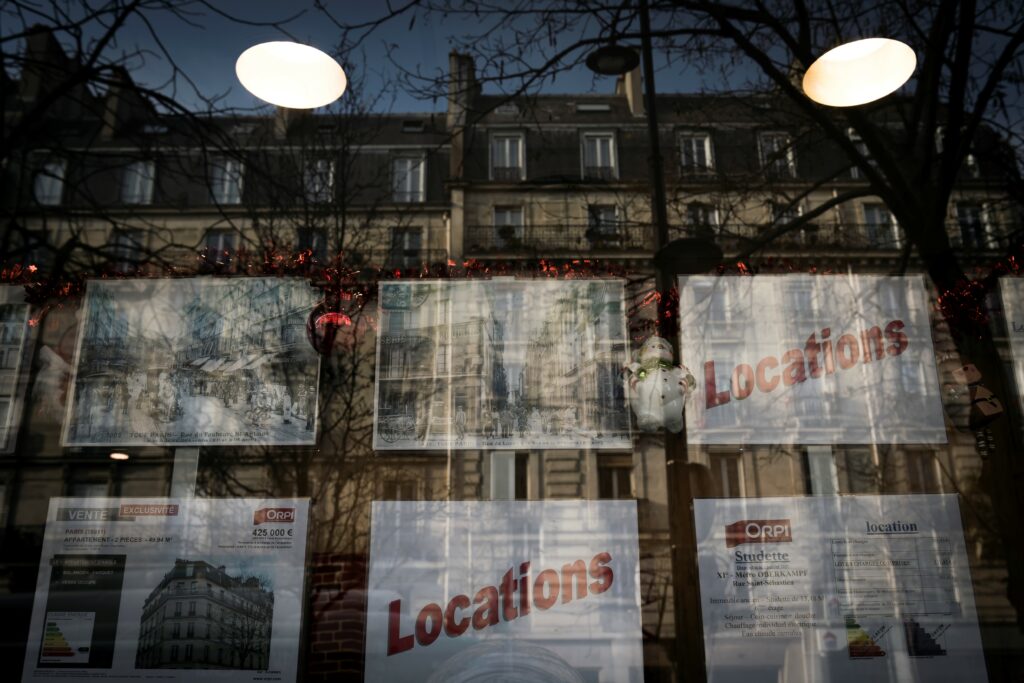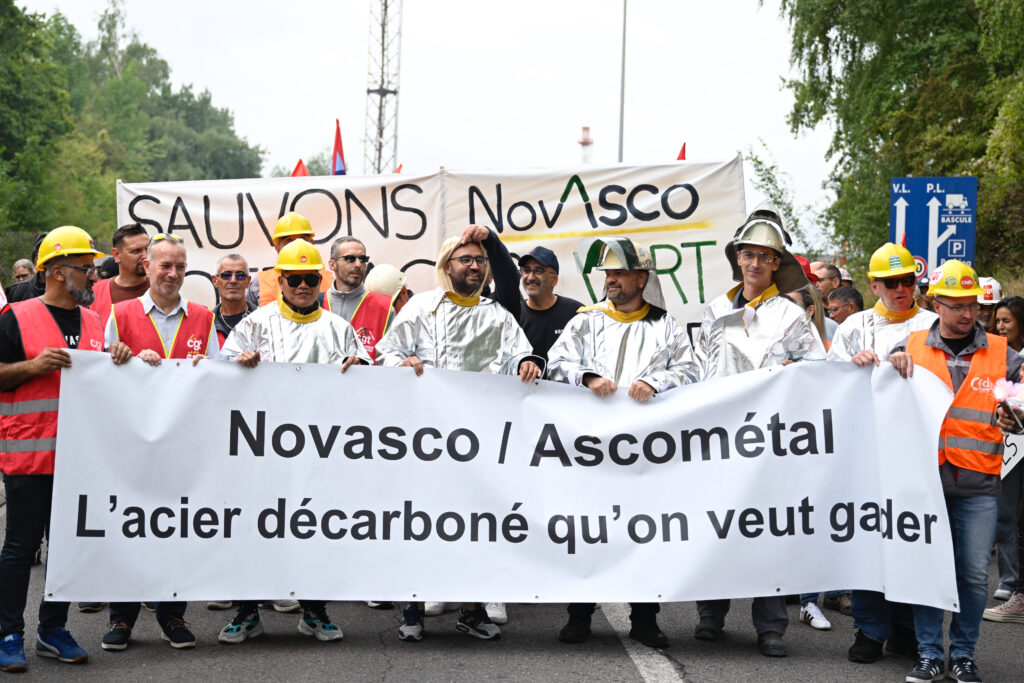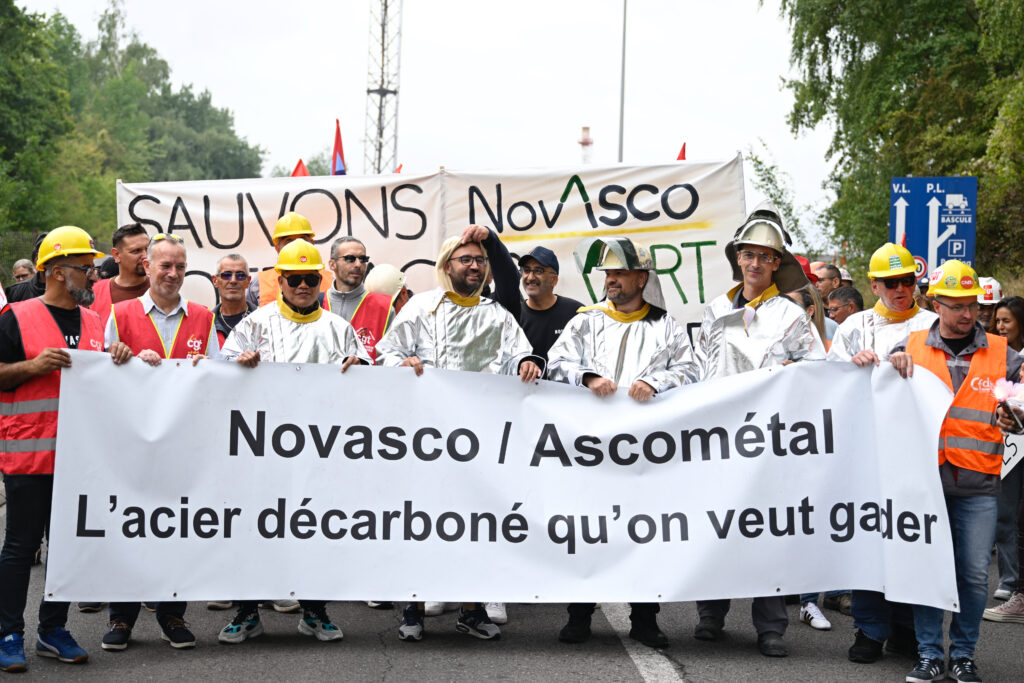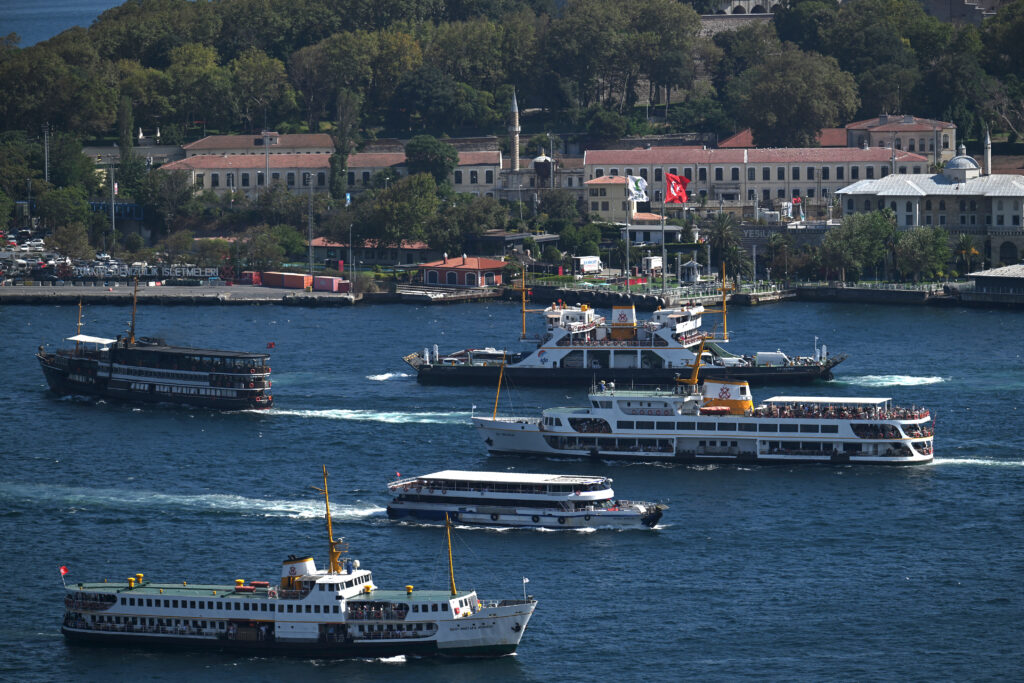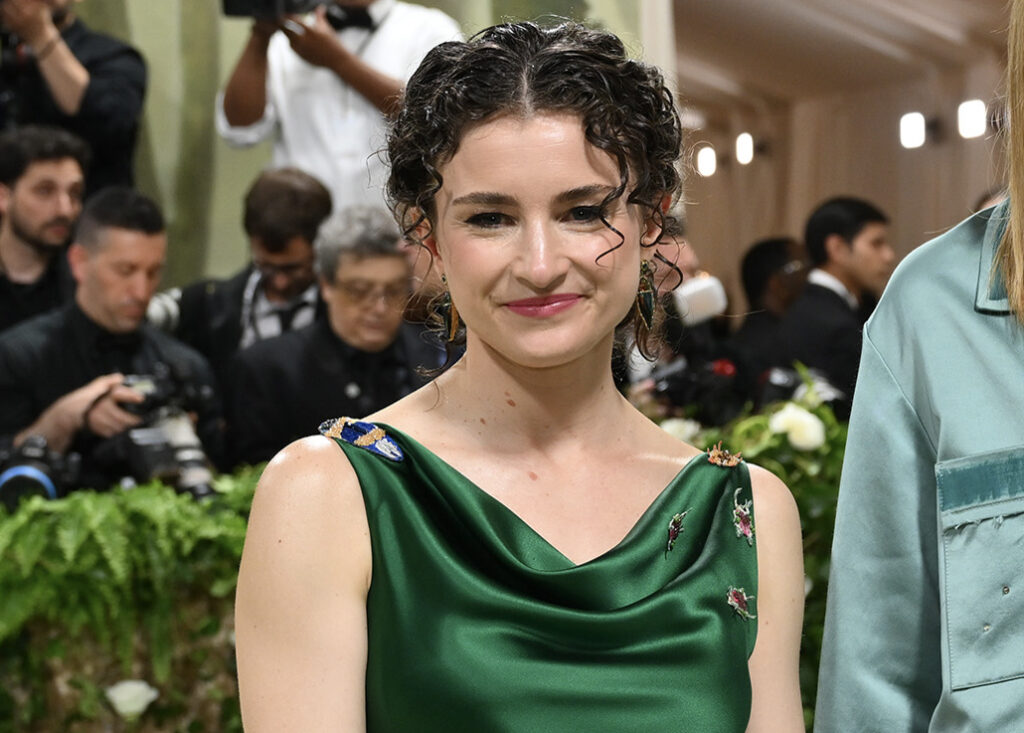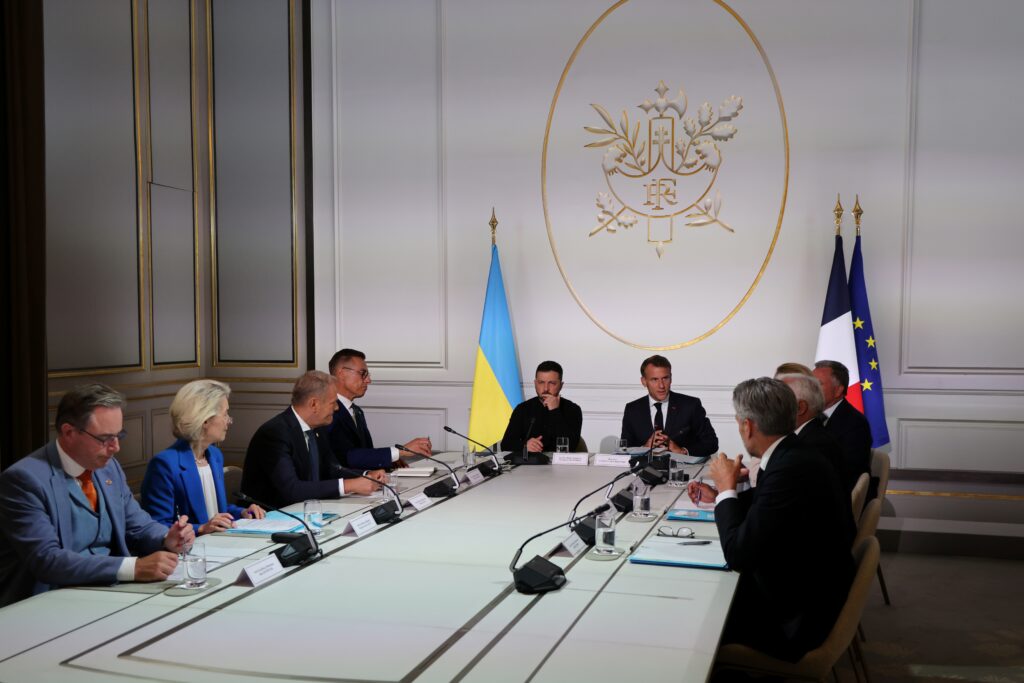Encadrement des loyers: un tiers des annonces hors des clous
Dans les communes qui appliquent l’encadrement des loyers, près d’une annonce sur trois dépasse les plafonds autorisés mais le dispositif, bon pour le pouvoir d’achat des locataires, mérite d’être pérennisé, plaide la Fondation pour le logement des défavorisés.Dans l’ensemble des villes analysées, 32% des annonces sur les 20.000 recensées entre août 2024 et août 2025 dépassent les plafonds de loyer fixés ville par ville, un chiffre en hausse de 4 points sur un an, révèle jeudi le 5e baromètre de la Fondation.A Paris, 31% des logements proposés à la location dépassent les plafonds, en légère amélioration par rapport à 2021 (35%).”La rétraction du marché locatif à l’année peut expliquer une plus forte tension sur le niveau des loyers”, note l’étude.Le dépassement moyen est de 237 euros par mois dans la capitale, soit une ponction annuelle de “plus de 2.800 euros” pour les locataires, contre 192 euros en moyenne en France.Le loyer moyen des annonces parisiennes s’élève par ailleurs à 1.222 euros, en hausse de 6% sur un an, tandis que les dépassements sont plus prononcés à l’ouest et au centre de la capitale, où la pression du marché est la plus forte.”L’encadrement des loyers conduit à une modération réelle des loyers. Il a aussi un impact sur les marchés à long terme, ça peut calmer un peu le jeu, et clairement, ça redonne du pouvoir d’achat aux ménages”, a insisté lors d’une conférence de presse Christophe Robert, délégué général de la Fondation.Rendu possible par la loi Alur de 2014 puis restreint par la loi Elan de 2018 aux seules collectivités volontaires, l’encadrement des loyers est un dispositif expérimental qui doit s’achever en novembre 2026.La Fondation pour le logement a annoncé jeudi le lancement d’une campagne visant à pérenniser ce dispositif “peu onéreux pour les finances publiques” et améliorer son efficacité. Elle appelle notamment l’État à ne pas faire reposer le respect de cet encadrement sur les seuls locataires, à l’ouvrir à l’ensemble des villes volontaires et à augmenter le montant des amendes qui devraient, selon elle, revenir aux collectivités.- “Résultats inquiétants” -Actuellement, un logement peut dépasser les plafonds légaux sans être illégal dans la mesure où un “complément de loyer” peut être appliqué si le logement possède des atouts particuliers. Ces derniers doivent être justifiés par les propriétaires mais leurs caractéristiques n’ont pas été définies par la loi et leur montant n’est pas plafonné.Hors Paris, le respect de l’encadrement est jugé “assez inégal”, allant de 12% de non conformité à Montpellier à 31% à Lille, même si la tendance est “à l’amélioration”.A l’inverse, les résultats récoltés dans la banlieue nord et est parisienne sont qualifiés “d’inquiétants”, comme à Plaine Commune (59%), qui regroupe notamment Saint-Denis, Aubervilliers et Saint-Ouen, et pâtit potentiellement d’une “insuffisante communication auprès du grand public”.Les nouveaux entrants, tels Grenoble ou le Pays Basque, affichent des débuts “mitigés” avec respectivement 45% et 38% d’annonces au-dessus des plafonds.Les prix au mètre carré étant traditionnellement plus élevés pour les petites surfaces, ces dernières sont surreprésentées parmi les contrevenants. Quelque 91% des logements de 10m2 et moins sont ainsi hors des clous, pénalisant majoritairement les étudiants, les célibataires et les ménages modestes.Les meublés s’avèrent aussi moins respectueux de la réglementation, de même que les propriétaires de logements “passoires thermiques” classés G, qui pratiquent le plus de dépassements (38%) alors que tout complément de loyer leur est pourtant interdit. Une “forte disparité” est également relevée selon les sites, allant de 24% d’annonces non conformes sur SeLoger à 48% sur PAP.
